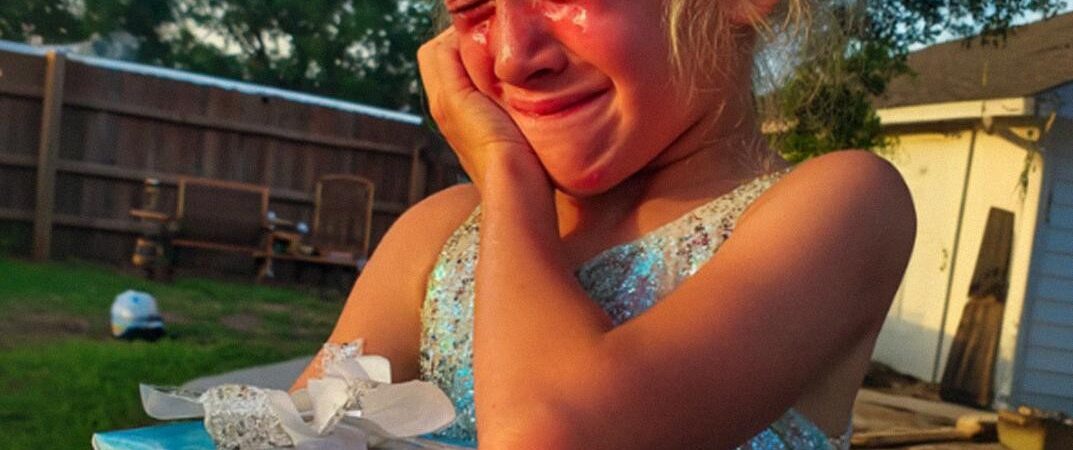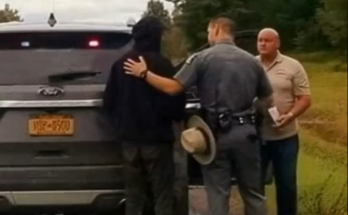When I met Daniel at 28, I was newly divorced and raising my two-year-old daughter, Ellie. I brought her on our second date—not just because I couldn’t find a babysitter, but because I needed to see if Daniel could love both of us. Unlike others, he didn’t flinch. He got down on her level, helped her with crafts, and made her laugh. That’s when I knew he was different.
Two years later, we married. Ellie called him her “almost-daddy” at the reception, and Daniel adopted her on her fifth birthday. From that day, we were a real family. But Daniel’s mother, Carol, never fully accepted Ellie. She never acknowledged her in cards, barely spoke to her, and always kept a quiet distance. Daniel kept telling me to give it time—until the day Carol crossed a line.
At Daniel’s nephew’s birthday party, Carol told Ellie she wasn’t “part of the family” and sent her outside alone. Ellie called me, crying. We rushed to get her and found her heartbroken at the gate, holding her gift like a shield.
I confronted Carol, who coldly repeated, “She’s not family.” I left without causing a scene, but I knew something had to change.
Two weeks later, we hosted a birthday picnic for Daniel. The invitation made it clear: “Only those who see Ellie as family are welcome.” When Carol asked if she was invited, I replied, “Just following your rule. Not everyone here is family.”
She didn’t come. But the picnic was magical. Ellie and her cousin Jason laughed, and she gave him the birthday gift she’d saved. I posted a photo with the caption: Family is love, not blood.
Two weeks later, Carol called. Ellie answered, said she forgave her, but warned, “Don’t treat me like that again.” Since then, Carol has made an effort—calls, cards, even a homemade birthday cake. I’m still wary, but Ellie believes she’s trying.
What matters most is this: Ellie will never question if she belongs. She knows she is loved. She is family—fully and forever.



